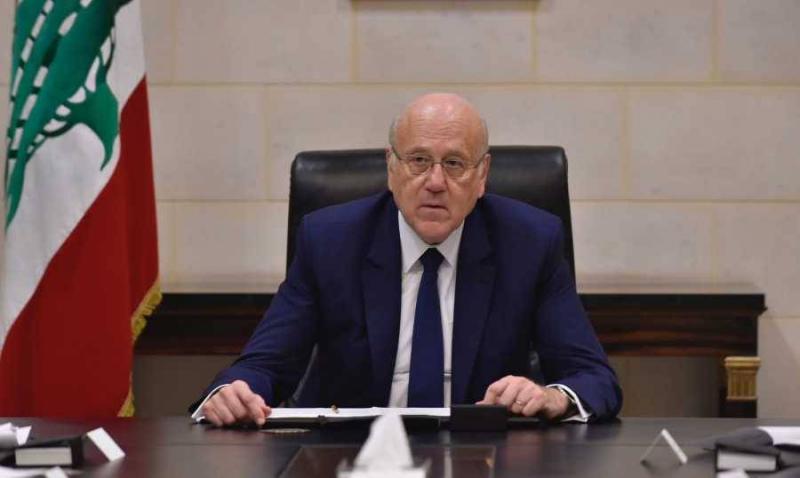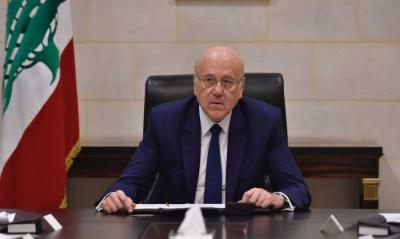Legal expert and constitutional scholar Said Malik emphasized that, beyond political readings and calculations, it is crucial to point out that, purely from a constitutional perspective, the appointment of a Chief of Staff in the army has political, constitutional, and national charter dimensions directly related to the agreement on coexistence. This refers specifically to the representation of the Druze sect in the military leadership hierarchy. However, the caretaker government’s decision to appoint Brigadier General Hassan Awda as the Chief of Staff involves two significant constitutional violations:
1. The government's resort to appointment amid a presidential vacancy, as it is fundamentally a caretaker government in the narrow sense according to paragraph 2 of Article 64 of the constitution. No matter how far caretaker governments expand their scope of action in managing the country's affairs, it is constitutionally impermissible for them to exceed prohibitions and reach a level of appointments in any type of positions, regardless of need. This significant violation could lead to an open door for widespread appointments, especially with several important upcoming positions, including that of the Public Prosecutor of Cassation and subsequently the presidency of the Supreme Judicial Council, among others.
2. The appointment of a Chief of Staff without the proposal of the Minister of Defense. After the Taif Agreement, the minister is considered the head of his ministry based on Article 66 of the constitution. Moreover, the Constitutional Council has confirmed, specifically in its decision number 4/2020 dated July 22, 2020, that the minister's authority to propose is a constitutional power that protects him from any measures that could be taken against him in his ministry against his will. Therefore, the Cabinet should ideally initiate the appointment of the Chief of Staff based on the Minister of Defense's proposal. However, realistically, if the Minister of Defense is absent from meetings and negligently fails to fulfill his proposal duties, it may then be plausible to adopt a broader constitutional interpretation regarding proposing a name in the absence of the Minister of Defense.
Consequently, Malik pointed out in a statement to "Anbaa" that the government’s decision to appoint a Chief of Staff may be subject to challenge before the State Council by any party with a legitimate interest based on the provisions of Article 106 number 10434/75 dated June 14, 1975, which is stipulated in the State Council regulations that enjoy exclusive authority over the constitutionality and legality of this executive decision.
In response to a question, Malik confirmed that this is not the first time the Prime Minister brings up topics outside the agenda, as this is inherently an action attributed to him as a constitutional authority given to handle matters that may arise after the Cabinet meeting agenda is set. However, what is often observed is that the Prime Minister frequently resorts to this authority, often due to a political settlement or a certain political arrangement made ahead of the meeting, meaning that he often uses this authority to avoid disrupting a particular agreement reached between various political factions before the session.




